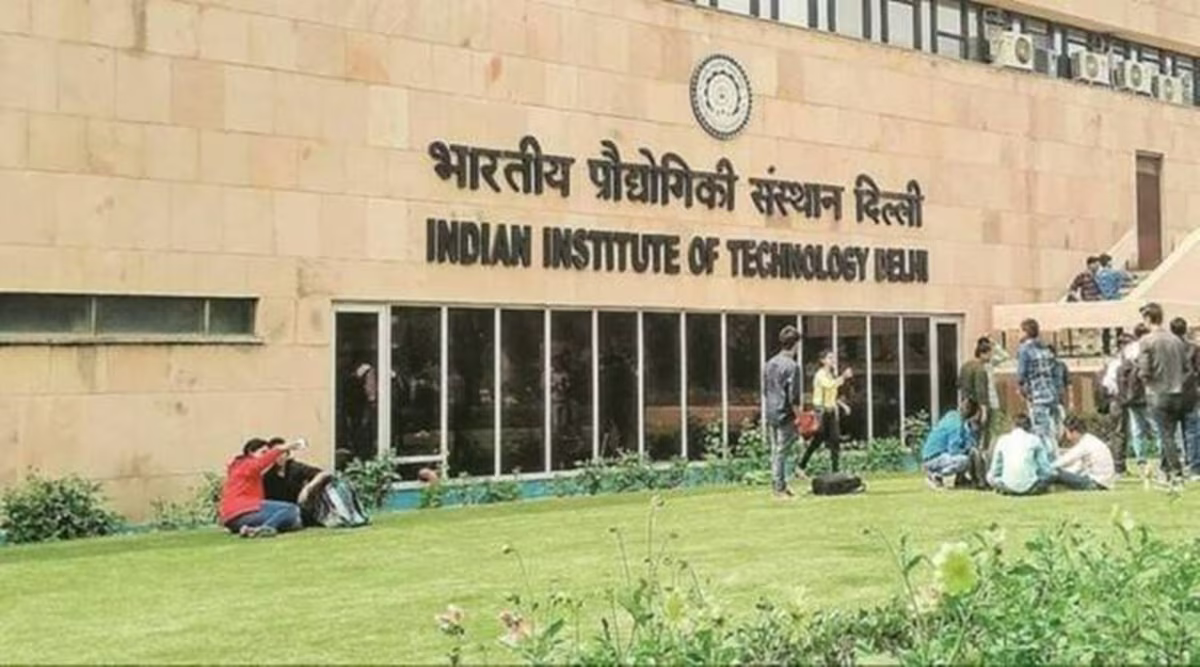In a tragic incident, a final-year BTech student at the prestigious Indian Institute of Technology (IIT) Delhi allegedly committed suicide on Tuesday night at his East Delhi home. The police said that Pranav Jain, the 23-year-old student, was pronounced dead at a local hospital.

Image Source: Times Of India
The authorities responded to this upsetting incident promptly. Important information about the incident was provided by Shahdara’s Deputy Commissioner of Police (DCP), Rohit Meena. He said, “According to his parents, Jain was suffering from stress and depression for the last few months and was undergoing treatment.” This discovery emphasizes how critical it is to treat mental health issues, especially in high achievers who frequently struggle with a great deal of pressure and expectations.
Parents return to locked house, son dead
That fateful Tuesday night marked the start of a sequence of events that would ultimately lead to the tragic discovery of Pranav Jain’s lifeless body. The police reported that his parents had gone for a walk after leaving the house between 8:30 and 9.30p.m. When they got back, they saw a disturbing scene: their son wasn’t responding, and the door to their house was locked. They broke down the door out of growing concern, only to discover their beloved son dead.
The bereaved parents have not made any accusations against any person or organization as of yet. The authorities are dedicated to carrying out a comprehensive investigation into the circumstances surrounding this tragedy, even as the family deals with the tremendous loss. Pranav Jain’s body has already been returned to his distraught parents following an autopsy.
IIT Delhi and police collaborate on student well-being
Pranav Jain was a BTech student at IIT Delhi, where the police maintain close ties with the administration. This liaison makes it possible to understand the possible academic pressures and the support networks that the institution offers its students. Prioritizing mental health and providing sufficient resources are imperative for educational institutions to assist students in overcoming obstacles encountered during their academic pursuits.
Notably, no suicide note was found at the scene even after a thorough investigation. Many questions remain unanswered in the absence of such a note, which emphasizes the significance of investigating the possible causes of Pranav Jain’s emotional distress and his eventual decision to take his own life.
This tragic event serves as a sobering reminder of how important it is to address mental health issues in the professional and academic arenas, especially for students who frequently struggle with the pressure of high standards and fierce competition. Together, educational institutions and the general public must provide tools and networks of support for people who are struggling with stress, anxiety, and depression.
In the wake of this tragedy, we need to work together to build a society in which the silent battles with mental health no longer claim the lives of promising people. Let this serve as a wake-up call, a chance to make sure that the next Pranav Jain gets the resources, understanding, and support he needs to overcome the obstacles he faces in his academic career. Pranav Jain’s legacy ought to be one of transformation, guiding us toward a time when mental health is given first priority and no one has to suffer in silence.



